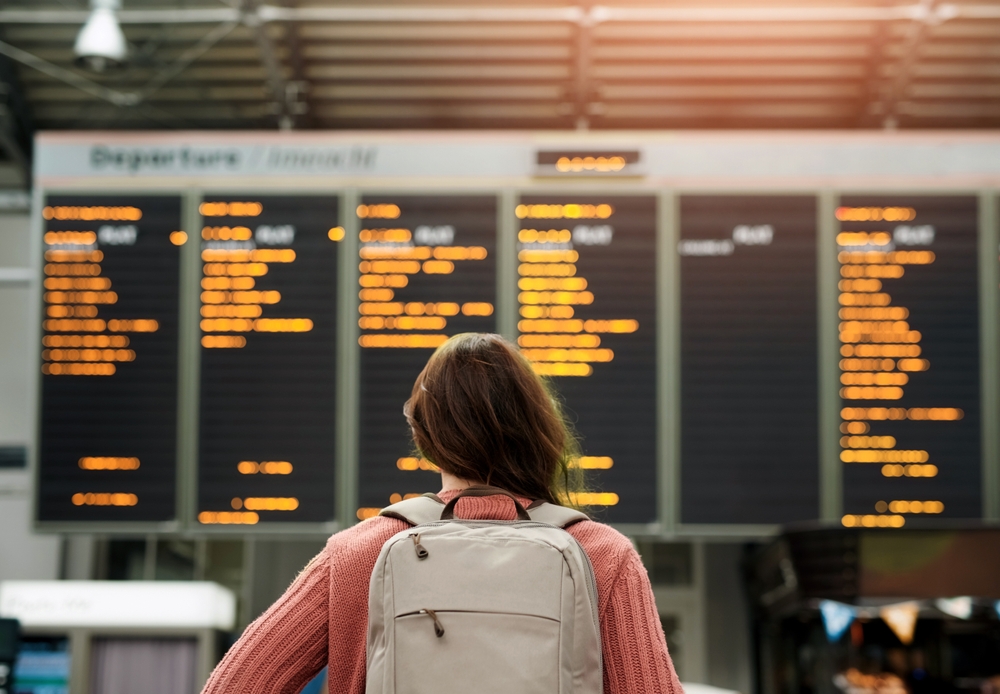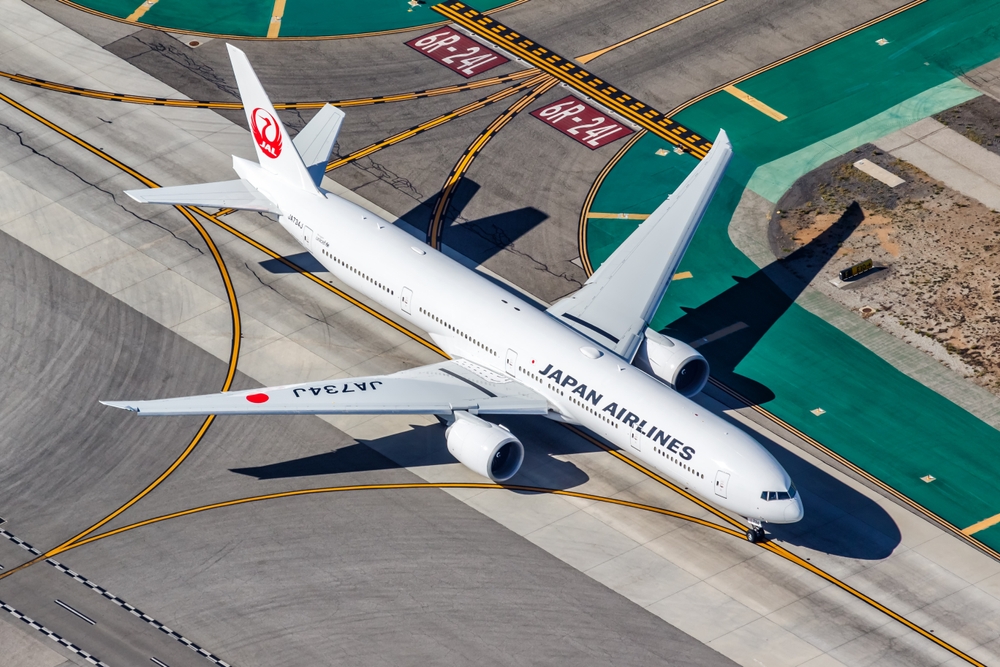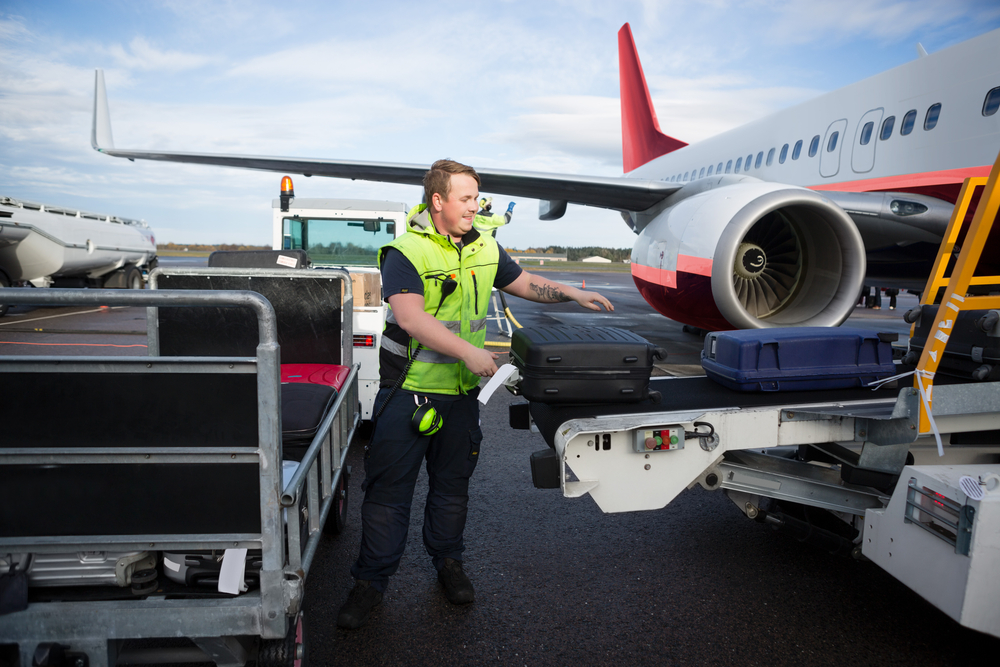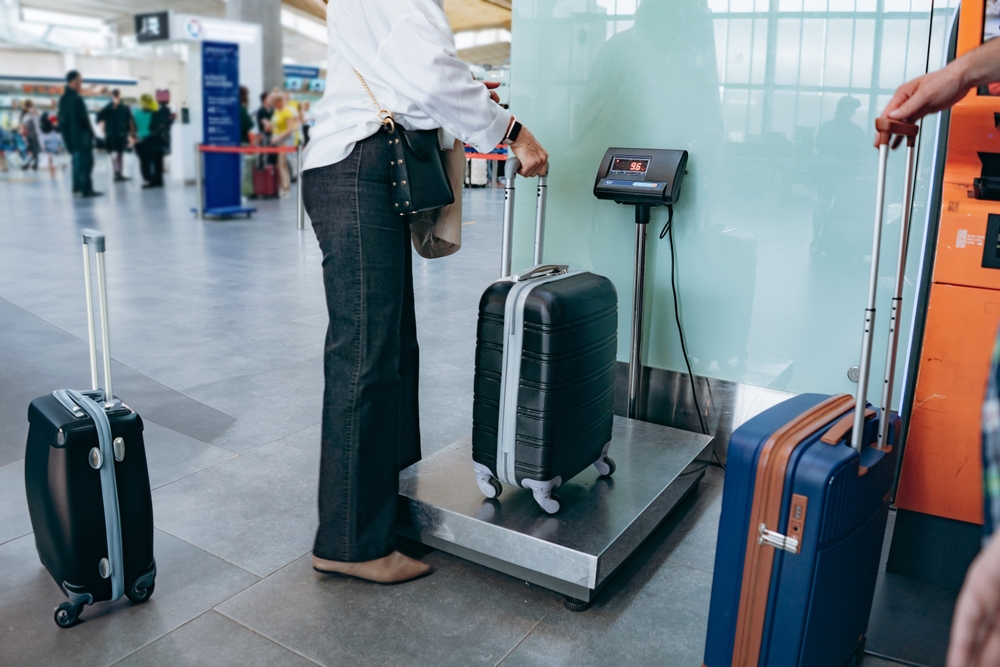Japanese airport has never lost luggage in over 30 years – This is why

Think about the last time you traveled. Maybe you remember the relief of seeing your bag appear on the carousel. Or maybe you’ve lived the opposite—the sinking feeling as the carousel spins empty, your belongings lost somewhere between here and there. In the United States alone, airlines misplace about three million bags every year. We’ve almost come to accept this chaos as normal.
But what if it wasn’t? What if excellence wasn’t the exception, but the rule? In Osaka, Japan, Kansai International Airport has quietly proven that possibility. Since opening in 1994, the airport has not lost a single piece of luggage. Not one. Thirty years, millions of travelers, and a flawless record.

Systems That Create Trust
The secret to Kansai’s perfection lies in its systems. At many airports, baggage disappears into conveyor belts and vast mechanical networks where human oversight is minimal and errors are treated as inevitable. But at Kansai, nothing is left to chance. Bags are arranged carefully before being loaded onto planes, a system that reduces damage while also making them easier to count. Multiple layers of checks mean that every suitcase is verified again and again, creating a net so strong that no item falls through. And when bags arrive at the carousel, handlers take the time to place each one handle-first, so passengers can easily retrieve them. To outsiders, this may seem excessive. To Kansai, it is the minimum standard.
Systems like these are not glamorous. They require time, patience, and a willingness to value details that others overlook. Yet it is precisely this kind of attention that builds trust. Travelers do not need to worry about their belongings, because Kansai has already built a process that eliminates uncertainty. In the same way, our lives depend on the systems we create for ourselves. Without intentional habits and safeguards, it’s easy to lose track of our health, neglect our goals, or allow stress to overwhelm us. But with strong systems, we create stability. Routines like preparing healthy meals in advance, setting firm boundaries with technology, or keeping a consistent bedtime may seem small, but they function like Kansai’s luggage checks—layered safeguards that prevent breakdowns before they begin.
We often underestimate the power of systems because we focus on the visible outcomes, not the invisible structures behind them. When a flight departs smoothly, most passengers never think about the baggage team. When a person radiates health or calmness, few stop to consider the routines and rituals that made it possible. Kansai reminds us that trust—whether in airports or in our personal lives—is the byproduct of systems that respect the details. The question is not whether we will build systems, but whether the ones we already live with are strong enough to carry what matters most.

The Human Discipline Behind Perfection
Behind Kansai’s systems are people, and it is their discipline that gives life to the process. Tsuyoshi Habuta, the airport’s chief of baggage operations, has worked at Kansai for nearly two decades. His shifts last up to ten hours, filled with the repetitive tasks of checking, arranging, and verifying. He admits his work is not glamorous. There are no headlines for a correctly loaded suitcase. Yet he and his team treat each bag as if it carries something priceless—because for the passenger waiting on the other side, it does. Habuta once said, “Luggage is precious to passengers.” For him, this is not a slogan but a guiding principle.
Discipline is often misunderstood. People think it is about punishment, rigidity, or harsh self-control. But real discipline is about devotion. It is the quiet, steady commitment to doing the right thing even when no one is watching, even when no one applauds. Kansai’s workers embody this spirit. Their jobs may be invisible, but their impact is undeniable. They show us that excellence does not come from bursts of brilliance; it comes from sustained consistency. In our own lives, the same is true. Health, growth, and fulfillment are built on the choices no one sees: choosing water instead of soda, putting down the phone at night, pausing before reacting in anger.
These choices may feel insignificant in the moment, but together they shape our lives. Just as a single misplaced bag could ripple into thousands of headaches, a single neglected habit can spiral into burnout, illness, or disconnection. Discipline is not about perfection—it is about persistence. It is about treating your body, your goals, and your relationships with the same level of respect Kansai’s workers treat each suitcase: as something too valuable to lose.

Hospitality as a Way of Life
Kansai’s record is not only about discipline and systems; it is also about spirit. Embedded in the airport’s culture is omotenashi, the Japanese philosophy of hospitality. Unlike the Western notion of customer service, omotenashi is not transactional. It is about anticipating needs, caring for others without expecting anything in return, and taking pride in even the smallest details. This philosophy explains why baggage handlers turn every suitcase handle outward, even though no one asks them to. It is a gesture of consideration that saves passengers just a few seconds, yet it transforms the experience into something smoother and more thoughtful.
This mindset has the power to transform not only travel but life itself. Hospitality is not confined to hotels or airports—it is a way of showing up in the world. It begins with how we treat ourselves. When we extend hospitality inward—by resting when we are tired, nourishing ourselves with care, and creating space for reflection—we strengthen our capacity to extend it outward. In turn, those small acts of thoughtfulness ripple into our families, friendships, and communities. What feels like a detail to us may be a moment of relief or comfort to someone else.
Kansai proves that hospitality is not ornamental; it is structural. Without it, systems break down. With it, they flourish. In the same way, our lives cannot be built on efficiency alone. They require intention, care, and an understanding that the details matter. When we bring hospitality into our daily choices—whether by listening deeply to a loved one, pausing to breathe before responding, or planning a healthier routine—we create lives that are not only functional but deeply nourishing.

Challenging What We Call “Normal”
For most travelers, lost luggage feels inevitable. It happens so often that people have stopped questioning it. This is the danger of lowered expectations: once something is labeled “normal,” it becomes invisible. We stop challenging it, even when it causes stress, waste, and frustration. Kansai’s record disrupts this complacency. It shows us that the things we call “normal” may not be natural or necessary at all—they may simply be the result of neglected systems and misplaced priorities.
In the same way, many of us accept unhealthy patterns in our lives as “just the way things are.” We accept chronic stress, sleepless nights, and disconnection from ourselves and others as unavoidable side effects of modern living. But Kansai reminds us that what feels inevitable may actually be preventable. Just as other airports have accepted lost luggage as the cost of doing business, we often accept our suffering as the cost of success. Kansai stands as proof that with the right design, care, and attention, we can rewrite the rules.
What could change if we stopped calling struggle normal? What if we refused to accept burnout as inevitable, or unhappiness as unchangeable? Kansai’s thirty-year streak shows us that excellence is not an accident—it is a choice reinforced daily. By refusing to normalize breakdowns, we can begin to imagine what thriving might look like in our own lives.
A Call to Protect What’s Precious
Kansai International Airport’s thirty-year streak is more than a statistic—it is a challenge. It asks us to consider what in our lives is as precious as luggage is to a traveler. Is it our health? Our relationships? Our dreams? Too often we neglect these things until they are damaged or gone, only realizing their value when we are standing at an empty carousel, waiting for what will never come back. Kansai reminds us that prevention is possible, that care is a choice, and that we can protect what matters before it is too late.
The way Kansai operates is not a miracle—it is a model. It shows that systems rooted in discipline, teamwork, and hospitality can achieve the impossible. And if an airport can manage millions of suitcases without a single loss, then surely we can manage the precious cargo of our own lives with the same level of devotion. It begins with building systems that support our well-being, practicing discipline in the daily choices that no one sees, and treating ourselves and others with a spirit of hospitality that values even the smallest details.
Excellence is not about being perfect. It is about being consistent. It is about showing up every day with the same commitment Kansai’s baggage handlers bring to their work, knowing that even invisible efforts create visible peace of mind. Kansai has shown us what is possible in airports. The rest is up to us—to decide whether we will carry our lives with the same care, or leave them vulnerable to loss. Protect what is precious now. Because when the carousel slows and the belt stops moving, it will be too late to wish you had.
Loading...

